During our stay in Spain and Portugal, we have met many people who would like to buy and cook fish - but don't know what to choose at the fish counter. The fish have different names and most of the fish sold are whole fish, not so much fillets. How do you cook fish in Spain and Portugal? We're not experts, but we love fish and have tried our hand at it. Here are our top tips. Feel free to share yours!
Table of contents
Dorada/Dourada (Seabrem/Goldsparid)
Dorada is our absolute favourite fish! This fish has a firm flesh and is perfect for grilling or cooking in the oven. We usually stuff it with lemon and herbs and serve it with rice and a good cold sauce.
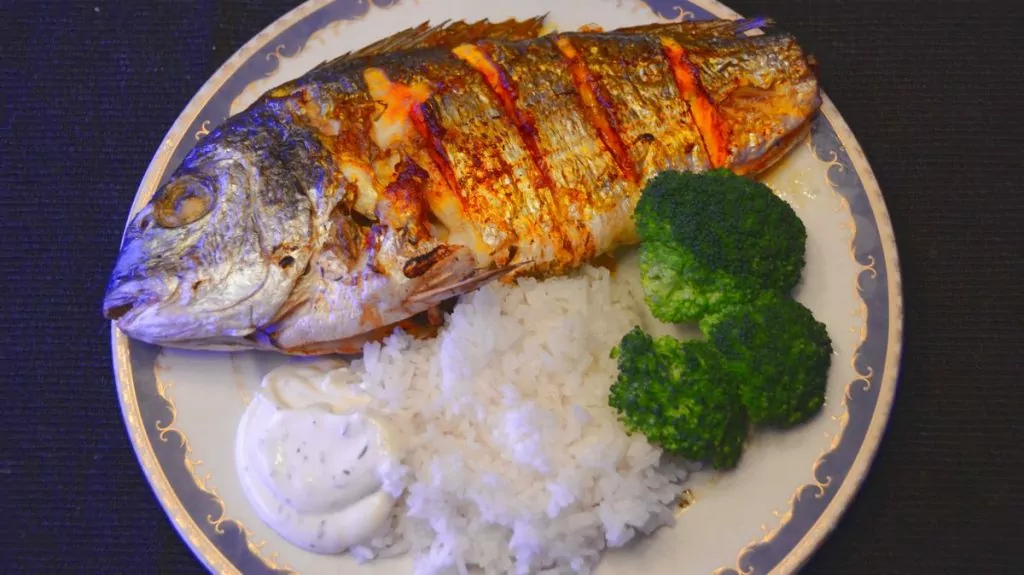
Lubina/Robalo (Sea bass)
Lubina is another delicious fish with firm and fine flesh. This fish can also be cooked whole on the grill or in the oven, just like the dorado!
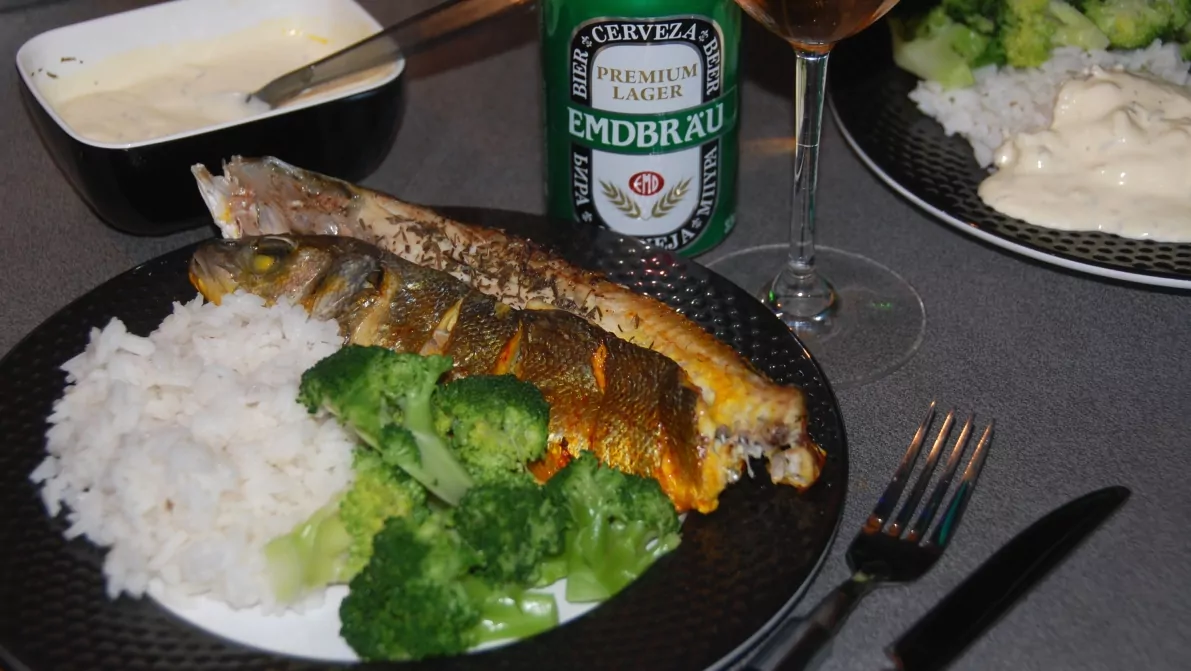
Boquerones/Anchovas (Anchovies)
Boquerones are small fish fried whole in oil. Great as a small tapa with other small dishes and some bread.
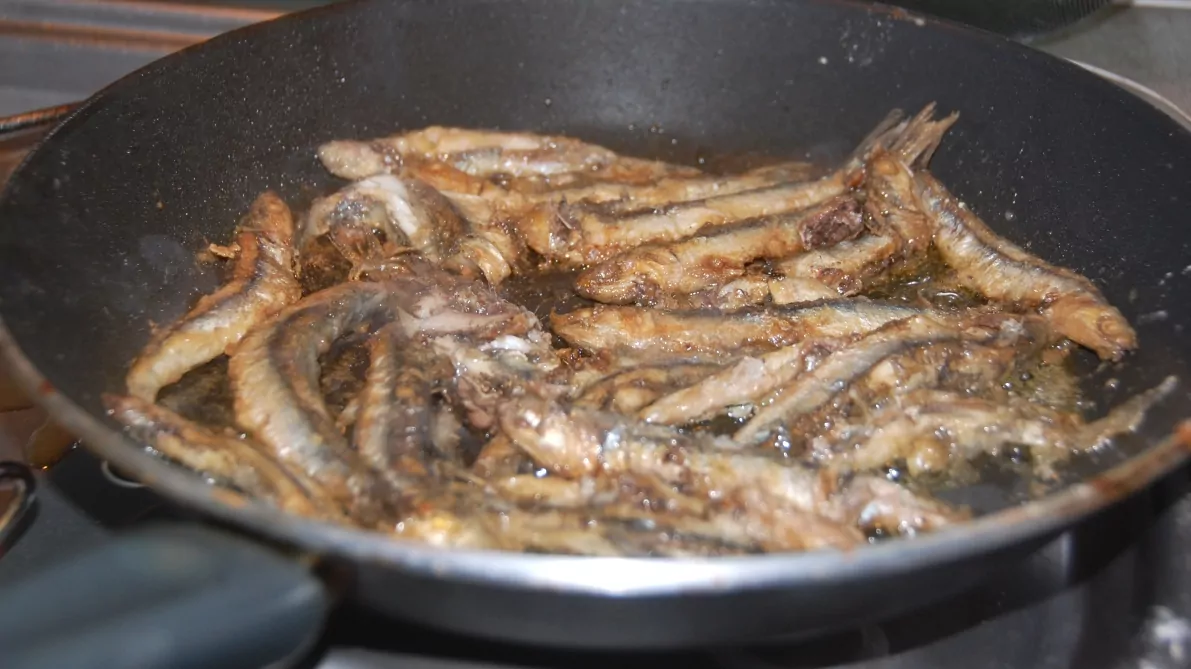
Merluza (Kummel)
Merluzan may not be very exciting, but it's a great everyday fish, available both fresh and as frozen fillets. We usually use the frozen fillets for fish gratin - add a little cooking cream and your choice of flavouring (we like orange or sambal oelek).
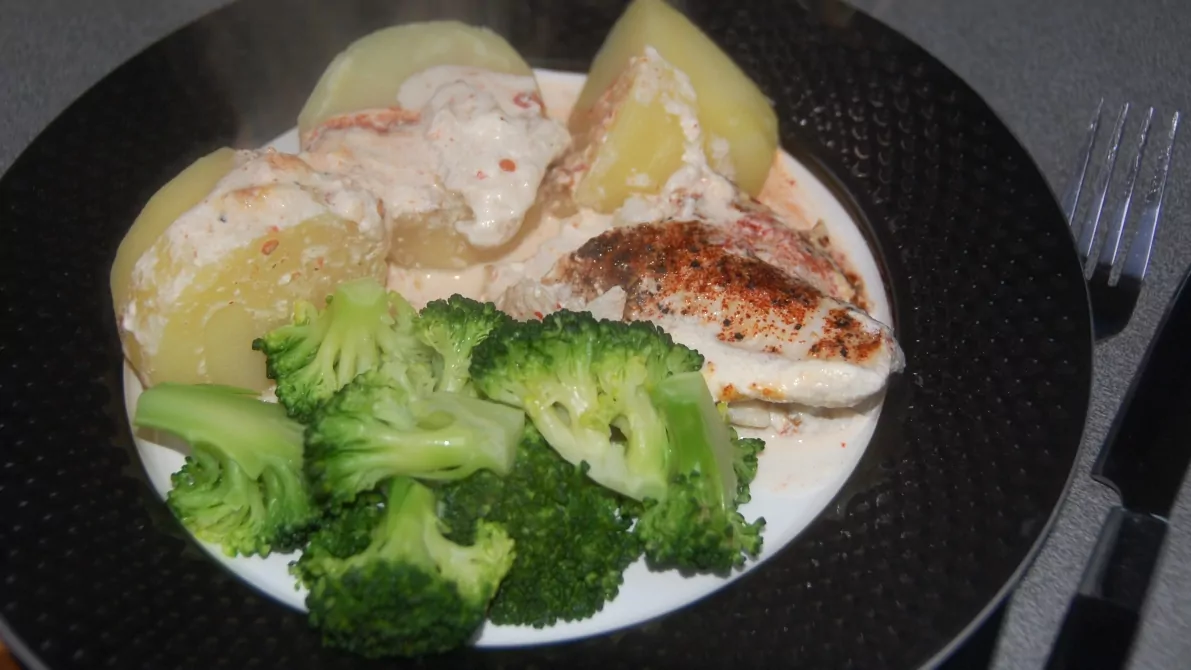
Langoustine (giant prawns)
In the fish counter, you'll also find these delicious king prawns, which are great in a salad or wok. Our favourite is to fry them with lots of garlic and sambal oelek in plenty of olive oil and serve with rice and a sweet and sour sauce. It's also great to mix them with cauliflower in the frying pan!
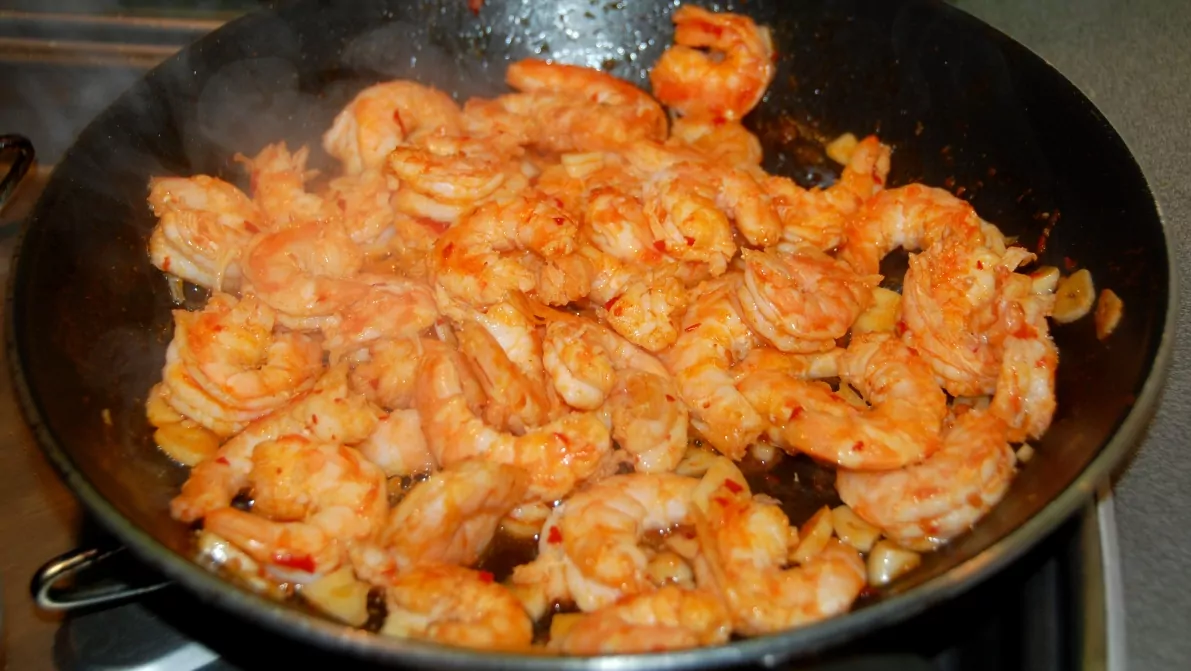
Coquinas/Ameijoas (small mussels)
Another favourite is these tasty little mussels! Fry together with garlic in plenty of olive oil and eat with your hands, along with bread.
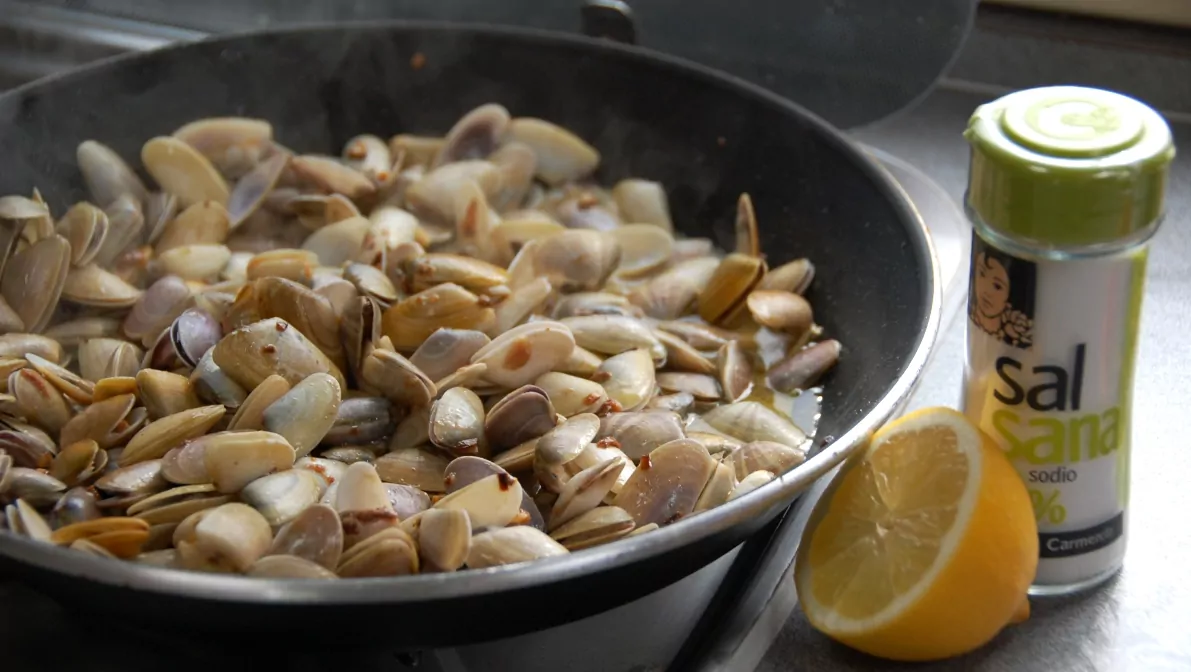
More fish in Spanish and Portuguese fish counters
Of course, there are more fish in the Spanish fish counters (see the list below)! Of course, we buy salmon sometimes, but otherwise there are several fish that we have not tried to buy and cook here. Monkfish is usually a good fish, but here they are very very small (each fish looks like a portion), so you can hardly ask them to fillet it. How do you cook it then, anyone know? In Portugal we saw a long narrow red fish (almost like an eel) - anyone know what it is?
- Salmón (Salmao) - Salmon
- Bacalao (Bacalhau) - Codfish
- Gallo - Flounder
- Lenguado - Sole
- Rape (Tamboril) - Marulk
- Caballa - Mackerel
- Pescadilla - Whiting
- Salmonete - Mulle
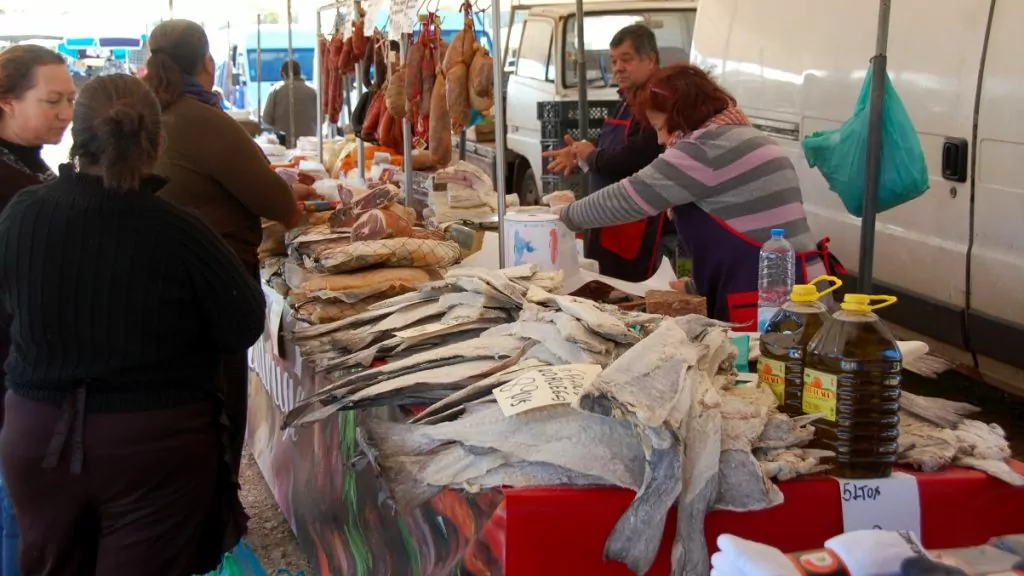


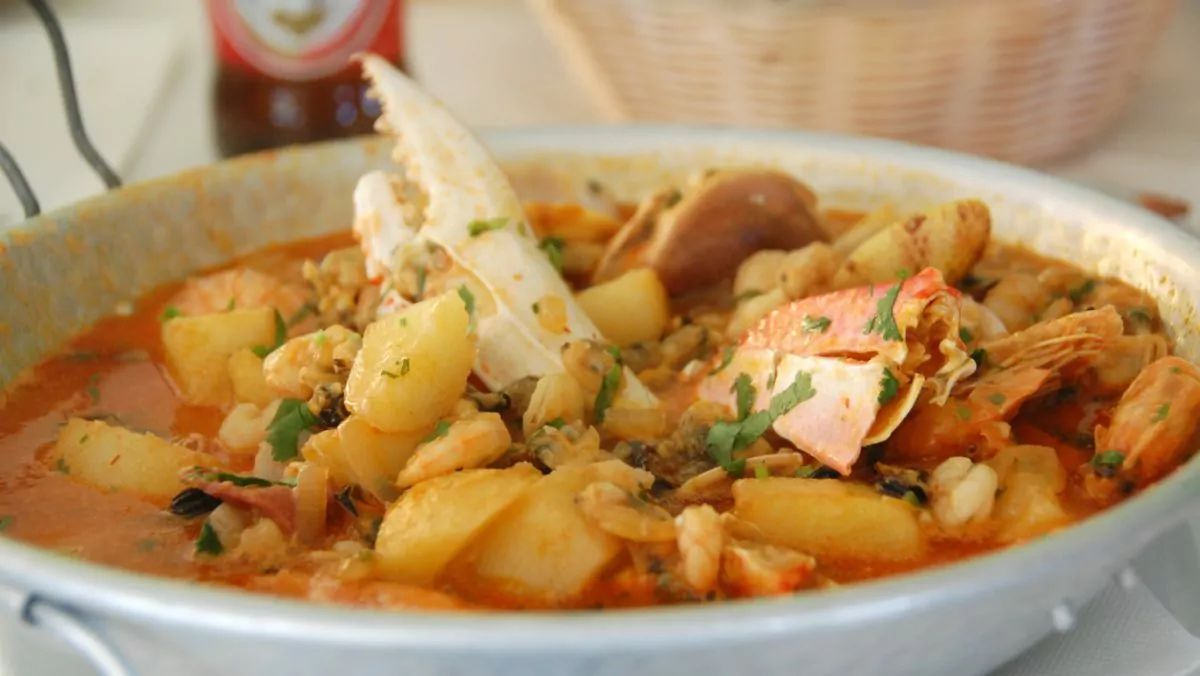






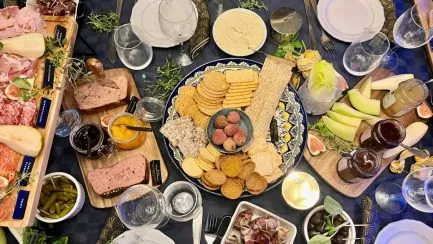
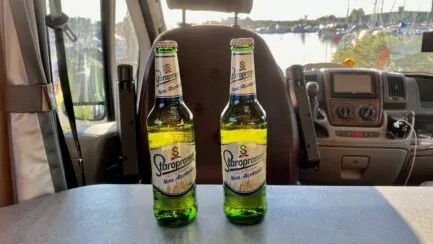
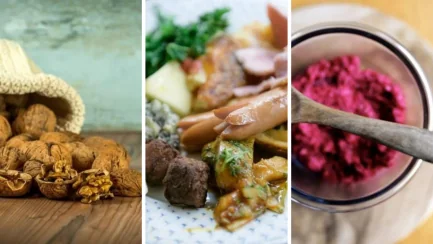
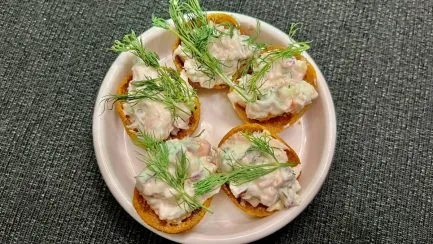
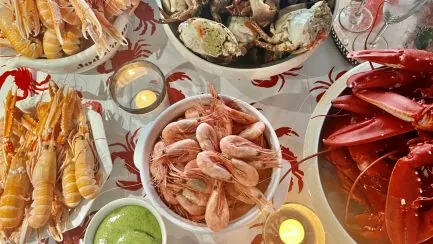
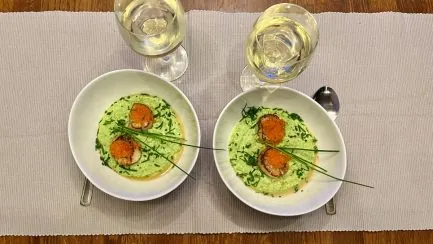



Snows says:
Fish is usually a safe bet! It's fun to try new varieties and test yourself 🙂 .
01 April 2015 - 10:28
Anja says:
We love food and cooking!!! Thanks for all the tips! Not at the moment (after nice pictures and recipes), but I'm reminded of a red-scaled fish with big sad eyes that we grilled in the south of France once when it was 800 degrees and all the flies in France were interested in us....
01 April 2015 - 10:51
Lennart says:
They sure have some great fish along the Mediterranean!
Saw that you are on your way to Barcelona!
Barcelona Camping has free buses to the city centre!
HAPPY EASTER
01 April 2015 - 11:18
Marina says:
Fish is fantastic! Thanks for some tips, it's always fun with new ideas. and of course it's fun to test yourself when you don't really know.
01 April 2015 - 11:41
anita says:
Fish is good! However, I am very bad at cooking ... the children like to eat fish sticks, I like to buy and cook salmon or cod fillet. Fresh fish is quite expensive here, I imagine it is in Spain too. However, the small ones that you fry whole are cheap and easy to cook! Otherwise, if we ever buy fresh slightly larger fish, it's the husband who has to fix... (I should be able to because as a child I fished, scaled and cleaned many perches hmmm).
01 April 2015 - 12:15
Mr Steve says:
I would love to eat my way through those tips. My best foreign fish meals have been in Portugal.
01 April 2015 - 13:34
BP says:
Drool, drool:-)
Love your fish diet. Right in there we eat almost exclusively fish.
You can add monkfish to a fish soup or deep-fry it. You can also turn it in a little flour and fry it in olive oil or butter.
The red fish may be a mini redfish, but not sure.
01 April 2015 - 16:37
towe says:
It looks absolutely lovely!
01 April 2015 - 17:31
admin says:
Znogge, agree, fish is almost always good!
Anja, what a memory! It's not so hot here yet, but it will be...
Lennart, plans may change. We have just realised that Barcelona is not the right place to see Easter celebrations...
Marina, fish differ a bit between countries and that's kind of fun!
Anita, we think fresh fish is cheap here, but of course we are comparing with Sweden. Fresh dorada usually costs 6-7 euros per kilo.
Steve, you can get really good fish in Portugal!
BP, it sounds delicious with monkfish as you describe! But here you have to buy a whole small one or two (one fits on a plate). Do not know if it works to fillet? Will google on uer and see what it looks like!
01 April 2015 - 17:52
Across the board says:
Thank you for the recipes. Fish and seafood always taste so good. And fresh from the sea is a real treat!
01 April 2015 - 17:55
admin says:
By golly, isn't seafood delicious? And even better when it's really fresh!
01 April 2015 - 19:10
Ditte says:
Nice to hear what you think. I have studied the fish and I like lubina and dorada best, apart from the shellfish of course. Bouquerones I think are too "bony".
Thanks for great recipe suggestions.
01 April 2015 - 22:08
Govago says:
The mussels look fantastic! 🙂
02 April 2015 - 15:46
GuraN says:
It was a nice and well done article about seafood around the Iberian Peninsula. Nice pictures and good advice. It is not easy to translate fish names into Swedish as the names are often local and it is a bit of a wild west especially in English, about what is what, on the way from sea to plate. One tip is to try to get the correct Latin name if possible.
Often the easiest thing to do is to choose the Swedish fish that is most similar in appearance or flavour, even if there is a real Swedish name, albeit a rare one. Some local names are also used for a whole group of fish or have been reinterpreted via English into something else. Difficult-to-interpret fish names include bacalhau which can be ling, saithe and Atlantic cod but in most cases is cod as fresh or frozen or ling as dried. Krogen's dourada, robalo and sea bream can be almost anything that is roughly the right shape and sometimes the right colour. When you buy linguado, you can get more than one tongue in your mouth. It's just fun. If you are fussy, you can ask to choose your fish from the icebox before cooking. No matter how you do it, you'll usually be quite satisfied anyway. The large selection is a feast for both the eyes and the palate.
14 November 2021 - 10:52